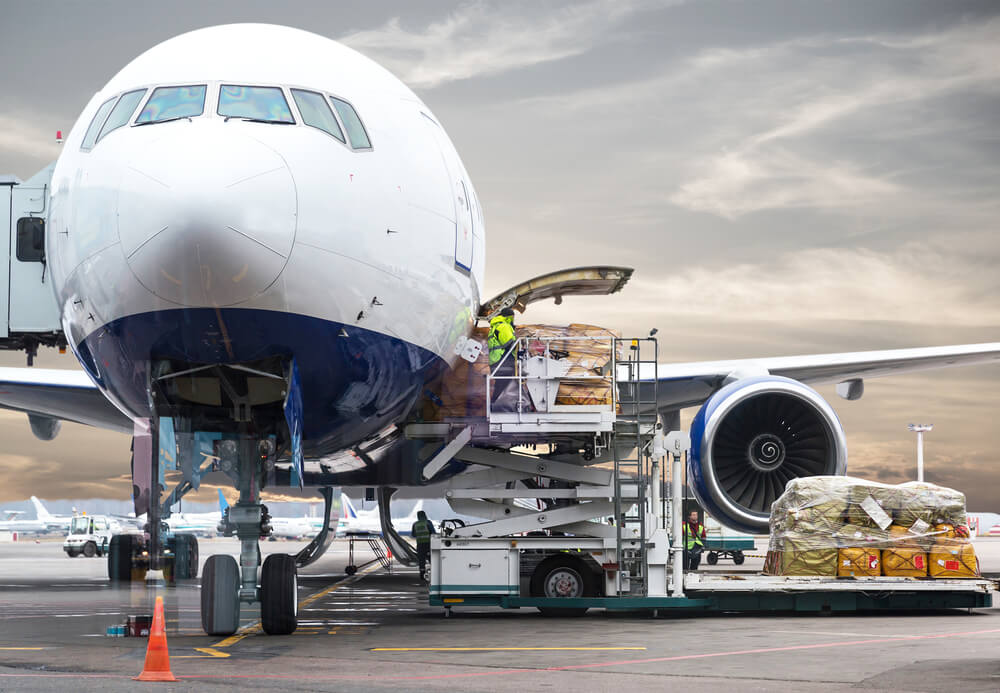
Air Cargo Industry Fundamentals Course
This course prepares individuals with no prior experience for exciting careers in the air
cargo industry, a critical sector that moves over 52 million tons of cargo every year.
What You’ll Learn:
• The foundational knowledge and skills needed to navigate the air cargo industry.
• Core areas like IATA cargo regulations, freight forwarder and airline cargo unit
operations, and essential industry practices.
Why Take This Course?
• Designed for beginners with no prior experience.
• Mandatory for IATA Cargo Agents as per IATA Cargo Agency Resolutions.
Course Format:
• Choose from two formats: partner-taught classroom or self-study (160-200 hours).
• Course materials are available in ebook and print formats.
• You have 12 months to complete the course and exam.
• Access to materials and the exam expires after 12 months.
Curriculum:
• Industry Regulations (ICAO, IATA, FIATA)
• The Air Cargo Agency (roles, operations)
• World Geography (understanding trade routes and time zones)
• Aircraft (types, limitations, cargo handling)
• Airport Operations (facilities, customs clearance)
• Cargo Acceptance Procedures (including special cargo handling)
• Booking Procedures
• Cargo Automation Systems (administrative and physical handling)
• Air Cargo Rates & Charges (calculation methods, different rate types)
• The Air Waybill (types, completion, documentation requirements)
Exam:
• Online with remote supervision (3 hours, 100 multiple choice questions)
• Only IATA TACT Training Edition allowed as reference material
• Passing grade: 60% (distinction: 90%)
• Two attempts allowed
• Successful completion earns you a certificate
Bonus:
• This course can be applied towards IATA Diplomas in Air Cargo (self-study) or
Special Cargo Handling (self-study).
Launch your air cargo career today!
The Invisible Engine of Flight: Why Cargo is Crucial for Aviation
The next time you board a plane and settle into your seat, take a moment to look around.
While you might be focused on the destination ahead, a hidden world of commerce is
humming beneath your feet. That’s the world of air cargo, a vital sector that plays an
essential role in the aviation industry.
More Than Just Passengers: The Power of Cargo
While passenger travel often takes center stage, air cargo is the unsung hero of aviation.
Here’s why it matters:
• Speed and Efficiency: Air cargo is the fastest mode of international transportation.
This rapid movement of goods allows businesses to maintain lean inventories,
reduces spoilage of perishables, and ensures timely delivery of critical products like
medicine.
• Global Reach: Unlike land or sea routes, air cargo can connect virtually any two
points on the globe. This fosters international trade and enables businesses to
operate in a globalized marketplace.
• High-Value Goods: Air cargo transports over 35% of global trade by value. This
includes essential items like electronics, pharmaceuticals, and high-fashion goods.
Efficient air cargo movement keeps these industries thriving.
• Economic Engine: The air cargo industry generates significant revenue for airlines.
In fact, cargo revenue can help offset fluctuations in passenger demand,
contributing to the overall financial health of airlines.
Beyond the Bottom Line: The Ripple Effect of Cargo
The impact of air cargo extends far beyond the aviation industry. It plays a critical role in
supporting:
• Global Supply Chains: Air cargo ensures the smooth flow of goods across borders,
keeping factories and businesses operational.
• Economic Development: By facilitating trade and connecting businesses
worldwide, air cargo contributes to economic growth and job creation.
• Humanitarian Aid: Rapid air cargo delivery is essential for transporting emergency
supplies and disaster relief materials around the world.
The Future of Air Cargo: Soaring High
As e-commerce continues to boom and global trade evolves, the air cargo industry is
poised for further growth. Technological advancements in areas like automation and drone
delivery promise to revolutionize how goods move through the air.
The next time you board a plane, remember that you’re sharing the journey with countless
tons of cargo. This invisible engine keeps the world connected, economies flourishing, and
essential goods flowing freely. So, the next time you see a massive cargo plane take off,
give it a silent cheer – it’s carrying more than you think.



